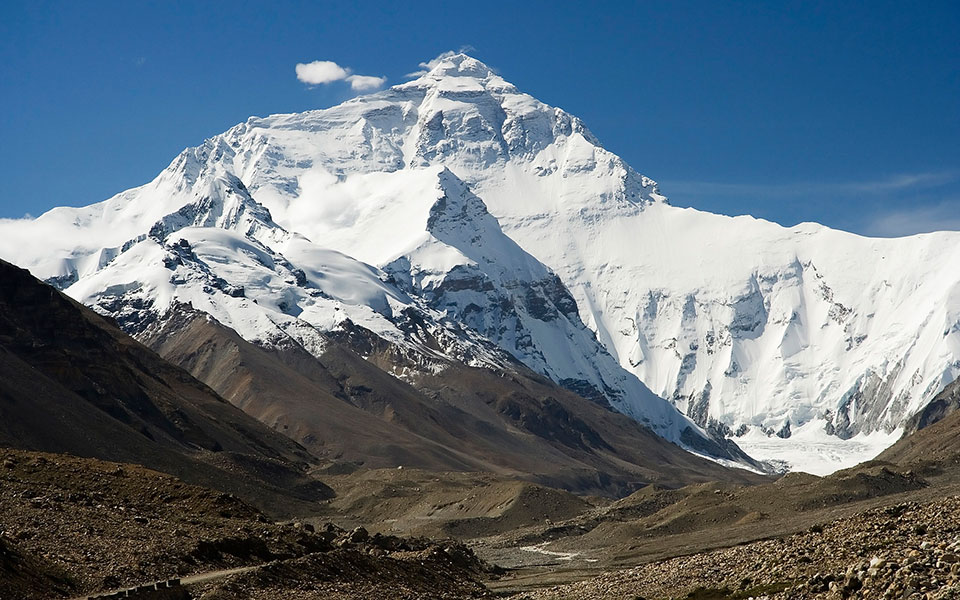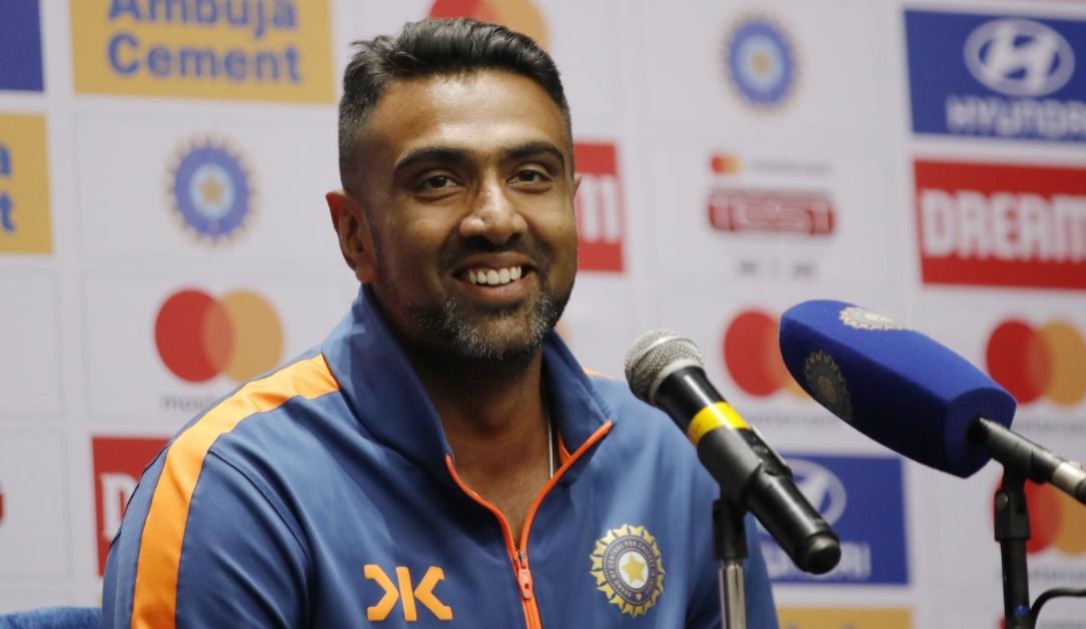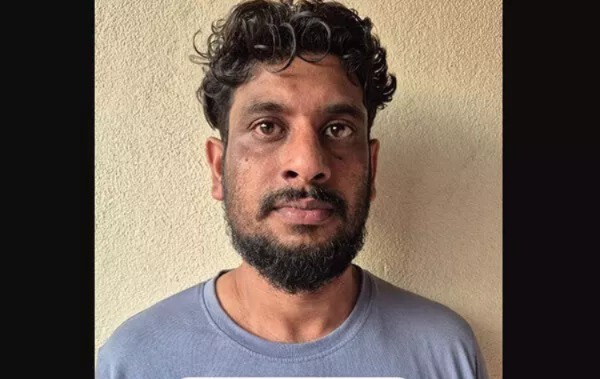Mumbai, May 16: Four tribal students, including a girl, of ashram schools in Maharashtra have scaled the world's highest mountain, Mount Everest, Finance Minister Sudhir Mungantiwar said here on Wednesday.
They are Manisha Dhurve, 18, Umakant Madavi and Parmesh Aale, both 19, from Devada Ashram School and Kavidas Katmode, 18, from Jeevti Ashram School.
They were part of a 10-member Indian tribal students expedition selected under the 'Mission Shaurya' initiative of the Maharashtra Tribal Development Department and the Chandrapur Collectorate to scale the world's highest mountain.
Kavidas and Umakant touched the summit around 3.25 a.m. and Manisha and Parmesh followed an hour later. All four are expected to return to the base camp later Wednesday evening.
Team members Indu Kannake and Vikas Soyam will make an attempt to scale Mt Everest from Thursday onwards. Akshay Atram and Vikas Soyam, will attempt the feat later, depending on weather conditions and their fitness levels.
Two team members Chhaya Atram and Akash Madavi opted out due to altitude sickness and returned to Chandrapur.
Congratulating them, Mungantiwar termed it "historic achievement" that has brought fame to Chandrapur district.
The team, with members aged between 18 and 21 and hailing from government ashram schools in Borda, Devada and Jeevti, had left on the 60-day expedition on April 11 from Mumbai for Kathmandu.
The team also included manager-cum-trainer Vimla Negi-Devaskar, a high-altitude expert doctor, support staff and 15 Sherpas.
Let the Truth be known. If you read VB and like VB, please be a VB Supporter and Help us deliver the Truth to one and all.
Chennai (PTI): Former cricketer R Ashwin has said Hindi was not the country's national language but only an official language.
He made these comments while attending the convocation of a private college near here on Thursday, where he asked the students in what language they would like him to address them.
While a few preferred English and there was overwhelming support when he gave the option of addressing them in Tamil, there seemed to be no takers for Hindi.
"Hindi --no response. I thought I will say it (Hindi) is not our national language, but an official language," the former India all-rounder said.





